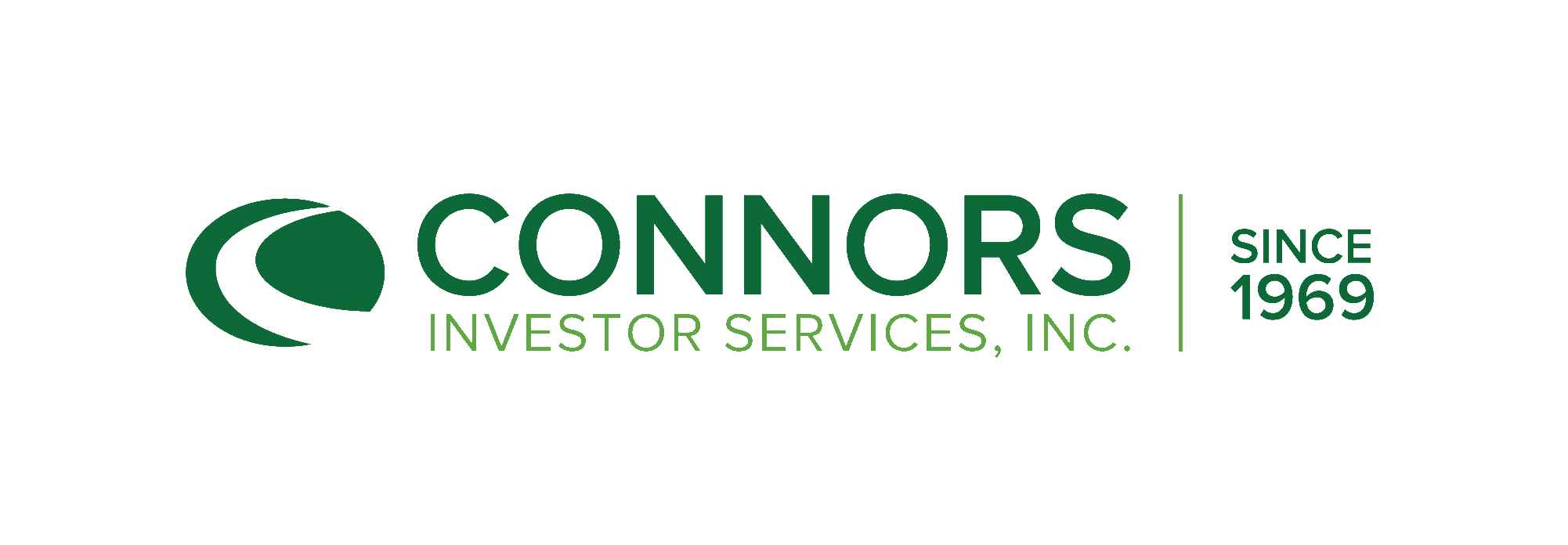2023 Q3 Covered Call Commentary
by Robert Cagliola, CFA and Robert Hahn, CFA, on October 23, 2023
Market Commentary
Following a weak month of September, the adage “Red sky at night, sailor’s delight. Red sky in morning, sailor’s warning” comes to mind. For investors, the question is whether the red is a normal healthy retracement or the beginning of a much larger sell-off. The market rallied through the first half of 2023, with the S&P 500® reaching a peak closing price of 4,588 on July 31st. The market then sold off 6.5% from the closing high to end down 3.6% for the third quarter. The main factor that led to the sell-off is concerns about the Federal Reserve’s message of higher for longer as it pertains to interest rates. This acceptance of higher rates, large spending deficits in Washington D.C., and a potential government shutdown led to the yield on the 10-year U.S. Treasury to rise by almost 90 basis points (0.90%) to the highest level since 2007. Labor issues, including the UAW strike against the Detroit automakers and rising energy prices, added to concerns that inflation may not subside as quickly as hoped. While inflation remains well off last year’s highs, it did increase month-over-month for two consecutive months and was 3.7% in August as measured by the CPI index versus the Fed’s target rate of 2%. Much of the month-over-month increase was due to higher energy prices. Core prices, which exclude food and energy, moderated to 4.3% year over year, down from 4.7% in July and the lowest since September 2021. While the Fed continued to pause its rate hike program, it did leave the door open for another hike this year if necessary. Despite rate hikes and quantitative tightening, the economy continues to be resilient, with GDP growing 2.1% in Q2. The labor market also remains strong, with unemployment at 3.8%. Energy was the best-performing sector in the quarter, up 11.3% as oil broke out above $90 a barrel due to supply concerns. Communication Services was the only other sector with positive performance for the quarter, up 2.8%, with much of the gains driven by mega-cap names Facebook (META) and Google (GOOGL). Mega-cap tech names as a whole were mixed during the quarter, with Apple (APPL), Telsa (TSLA), and Microsoft (MSFT) underperforming the market, and as a result, Tech was down 5.8% in Q3 following a strong first half. The worst performing sectors were interest rate sensitive sectors, including Utilities at -10.1% and Real Estate at -9.6%. While the market was down in Q3, we point out that September is typically the weakest month of the year, and Q4, on average, is typically the strongest quarter. Stock performance in the fourth quarter will likely depend on upcoming CPI numbers showing continuing moderation in inflation and a peak in the 10-year U.S. Treasury yield, which appears to be trending towards 5% in the near term. While near-term markets could see a further pullback, we expect an upside in Q4 if rates peak and inflation continues to moderate.
Portfolio Equity Positioning
We adjusted the positioning of the portfolio to reduce exposure to companies with more interest rate sensitivity during the quarter, selling names in Real Estate and Healthcare while adding to names in Industrials, Technology, Energy, and Communication Services. New purchases included DuPont (DD) and Emerson (EMR). We had positions called away in Apple (AAPL) and Eaton (ETN). We added to or rebought called away positions in Oracle (ORCL), Amazon (AMZN), Meta (META), Adobe (ADBE), Chevron (CVX), and Schlumberger (SLB). Positions sold included American Tower (AMT) – higher rates and slower wireless capex; Deere (DE) – lower commodity prices and higher rates; and United Healthcare (UNH) – increased elective procedures and political headwinds. At quarter end, the portfolio maintained the largest sector overweight exposures versus the S&P 500® Index in Materials (4.2% portfolio weighting), Industrials (11.4%), and Consumer Staples (9.2%), while Consumer Discretionary (9.4%), Communication Services (6.6%) and Technology (22.8%) have the largest sector underweight exposure.
Call Option Premium
The VIX Index advanced by 29%, reaching an inter-day level of 19.7 from 13.6 at the beginning of July and ultimately settling at 17.4 by quarter end. As mentioned above, higher interest rates drove market volatility upward while equities retreated from 12-month highs. Jerome Powell was relatively hawkish in his Jackson Hole speech, emphasizing that inflation is still too high, that the Fed is prepared to continue raising interest rates, and that Powell and the Fed “intend to hold policy at a restrictive level until we are confident that inflation is moving sustainably down toward our objective.” Given this backdrop we continued to implement our covered call strategy at the 30-delta range where we felt income generation at implementation was solid. Each equity position and subsequent covered call overlay is an individual decision per the upside potential we perceive to be possible. As such, in some cases (Technology and Industrials) we allowed for stock recovery before rewriting new overlay positions. In other positions (Staples and Healthcare) we reestablished overlay exposure more immediately as the option position lost value (to our benefit). Generated premiums averaged 1.4% (5.7% annualized) on a gross basis, netting to 0.9% (3.6% annualized) after considering capital used to roll existing positions out on the calendar to new strike prices. At execution, the average position was written with 9.5% upside to strike price and with 99 days to maturity.
Outlook
We believe that the market in the near-term could see some additional retracement given the stock market’s significant appreciation in the first half and increasing interest rates. The direction from here remains predicated on a further decline in inflation and more dovish monetary policies. The economy is growing better than expected, with 2% GDP growth in the first half and continuing strength in the labor market despite tighter lending standards and higher interest rates. The Fed is closely watching employment numbers, and labor may need to weaken for the Fed to refrain from an additional rate hike. Rates are beginning to negatively impact housing as 30-year mortgage rates could soon approach 8%. Large fiscal deficits by the Federal government are also negatively impacting interest rates on treasuries. With that said, another wall of worry has been erected, and there is potential for a fourth-quarter rally if rates peak and inflation further subsides. We believe that covered-call option writing is an appropriate strategy to participate in a potential market rally while reducing volatility given increased near-term uncertainty. We maintain a diversified portfolio with both secular growth and value exposure and look to add to positions on any pullbacks and will look for opportunities to add additional premium protection to the portfolio.
Important Disclosure Information
Please remember that past performance may not be indicative of future results. Different types of investments involve varying degrees of risk, and there can be no assurance that the future performance of any specific investment, investment strategy, or product (including the investments and/or investment strategies recommended or undertaken by Connors Investor Services, Inc. “Connors”), or any non-investment related content made reference to directly or indirectly in this commentary will be profitable, equal any corresponding indicated historical performance level(s), be suitable for your portfolio or individual situation, or prove successful. Due to various factors, including changing market conditions and/or applicable laws, the content may no longer be reflective of current opinions or positions. Moreover, you should not assume that any discussion or information contained in this commentary serves as the receipt of, or as a substitute for, personalized investment advice from Connors. Please remember to contact Connors, in writing, if there are any changes in your personal/financial situation or investment objectives for the purpose of reviewing/evaluating/revising our previous recommendations and/or services, or if you would like to impose, add, or to modify any reasonable restrictions to our investment advisory services. Unless, and until, you notify us, in writing, to the contrary, we shall continue to provide services as we do currently. Connors is neither a law firm, nor a certified public accounting firm, and no portion of the commentary content should be construed as legal or accounting advice. A copy of the Connors’ current written disclosure Brochure discussing our advisory services and fees continues to remain available upon request. Historical performance results for investment indices, benchmarks, and/or categories have been provided for general informational/comparison purposes only, and generally do not reflect the deduction of transaction and/or custodial charges, the deduction of an investment management fee, nor the impact of taxes, the incurrence of which would have the effect of decreasing historical performance results. It should not be assumed that your Connors account holdings correspond directly to any comparative indices or categories. Please Also Note: (1) performance results do not reflect the impact of taxes; (2) comparative benchmarks/indices may be more or less volatile than your Connors accounts; and, (3) a description of each comparative benchmark/index is available upon request.






